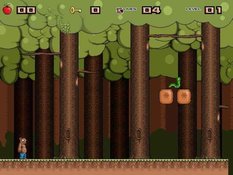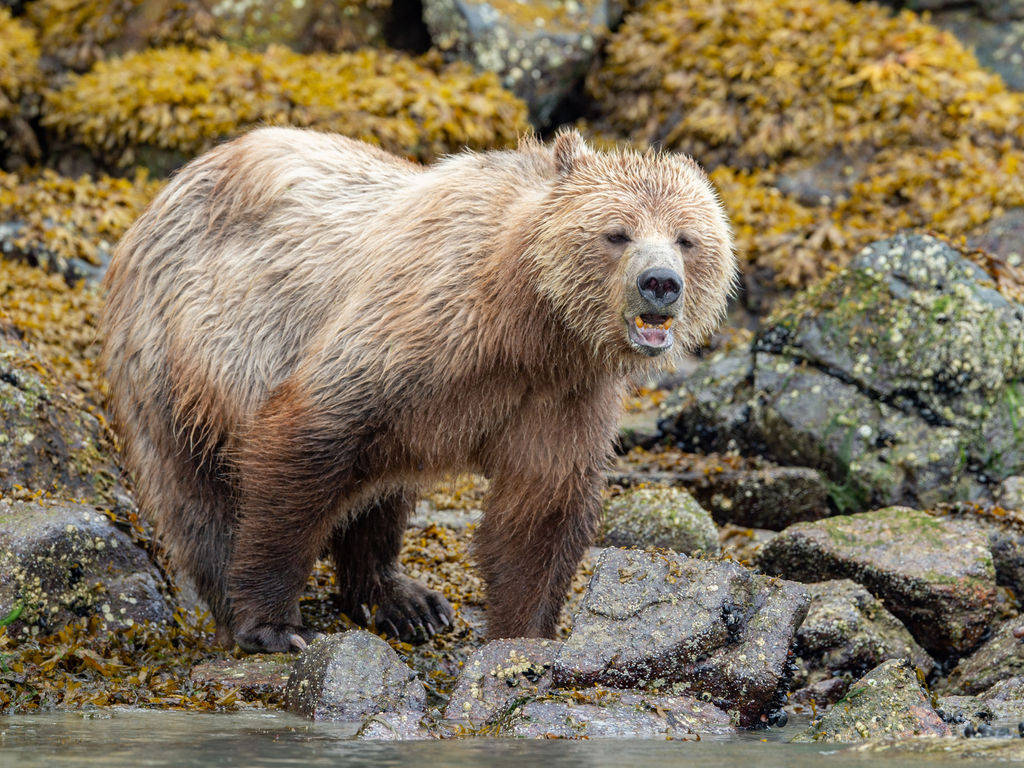

SAY_QUEST_COMPLETE = -1800013 //Thank you for helping me get back to the camp. Floppy? Stay close to me and watch out for those wolves! TEXT_EMOTE_AGGRO = -1800011, //The Ravenous Worg chomps down on Mr. SAY_VICTORY4 = -1800009, //I think I see the camp! We're almost home, Mr. Floppy, you're ok! Thank you so much for saving Mr. SAY_VICTORY2 = -1800007, //Don't go toward the light, Mr. SAY_VICTORY1 = -1800006, //Let's get out of here before more wolves find us! SAY_RANDOMAGGRO = -1800005, //There's a big meanie attacking Mr. SAY_WORGRAGGRO3 = -1800003, //Oh, no! Look, it's another wolf, and it's a biiiiiig one!
#GRIZZLY ADVENTURE HACKED HOW TO#
"But everyone also talks about the shortfall of security practitioners, and the question of how to train all the hackers we need.In these games you’re developing real abilities that are important in the real world.# Quest 12027: Mr. "For me, it's partly that I'm an addict who wants everyone else to share his obsession," says Wiens. In fact, he and Wagner quit their jobs at Raytheon earlier this year to start their own government contracting business called Vector35, and hope to soon turn Pwn Adventure into an element of a training course in cybersecurity skills.

Wiens believes that expanding the games could help fill the growing talent gap for security professionals in the American workforce. Like more explicitly educational games that teach kids to code, Pwn Adventure could serve as a powerful training ground for young hackers. In fact, Wiens argues there's value in expanding hacker capture-the-flag that goes beyond entertainment. "For a younger generation, watching is almost as interesting as playing, and I think there’s a chance for CTF to take advantage of that too." "CTFs could develop into something like a real e-sport with announcers and people livecasting," says Wiens.

A game like Pwn Adventure, Wiens and Wagner hope, could make watching hacker capture-the-flag as exciting for spectators as the e-sport events that draw millions of fans. Watching the older games has been hardly entertaining, as they showed little more than technical-looking command line tools, code, and reverse engineering applications. With *Pwn Adventure’*s game interface, Wiens and Wagner hope to make long-running capture-the-flag competitions more accessible for both players and spectators. “You take all these bugs we intentionally placed in the game, and through the course of playing, you abuse those bugs to win.” “The concept of the game is to look at the common security flaws that games have and make a challenge out of those flaws,” says Wagner, who presented the game along with Wiens at a talk at the Infiltrate security conference last week. In this World of Warcraft-style game, hacking the game is the game. That healing-wine hack isn’t cheating, say Jordan Wiens and Rusty Wagner, the two former Raytheon security researchers who created Pwn Adventure. In fact, after two minutes of easy bear murder, a treasure chest pops open to reveal a flag, and the challenge is over. Change that variable from 20 to 100, and your player is suddenly invincible, ready to massacre as many zombie bears as necessary.
#GRIZZLY ADVENTURE HACKED CODE#
Then you might have reverse-engineered the game’s code and noticed that a bottle of healing wine you drank stored the variable that determined its power locally on your machine, not the game’s server. Unless, of course, you’re playing Pwn Adventure with a hacker’s mindset.

Even if you amass enough firepower to hold back the onslaught of claws, the dead bears suddenly revive after 90 seconds, pull out AK-47s, and waste your avatar. A horde of grizzly bears attacks you from all directions, and no matter how many bears you kill, more always seem to take their place. To the average video gamer, *Pwn Adventure 2’*s bear challenge seems impossible.


 0 kommentar(er)
0 kommentar(er)
